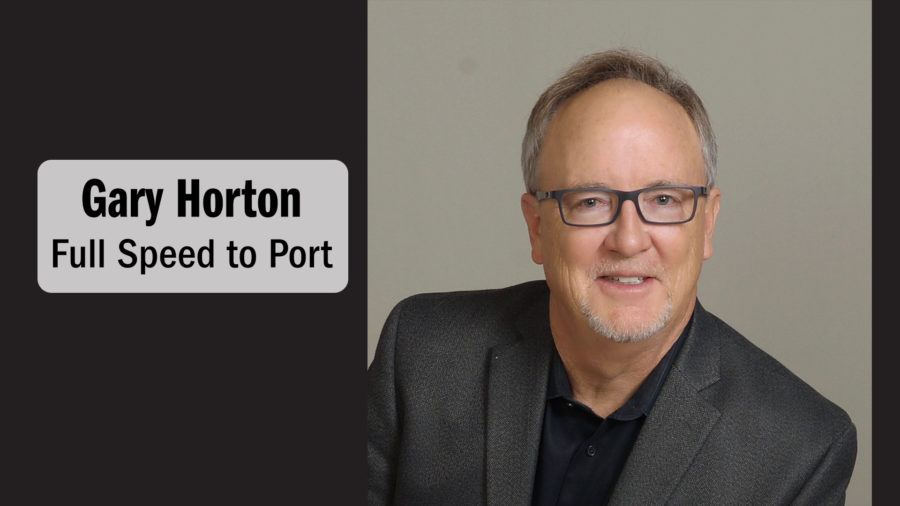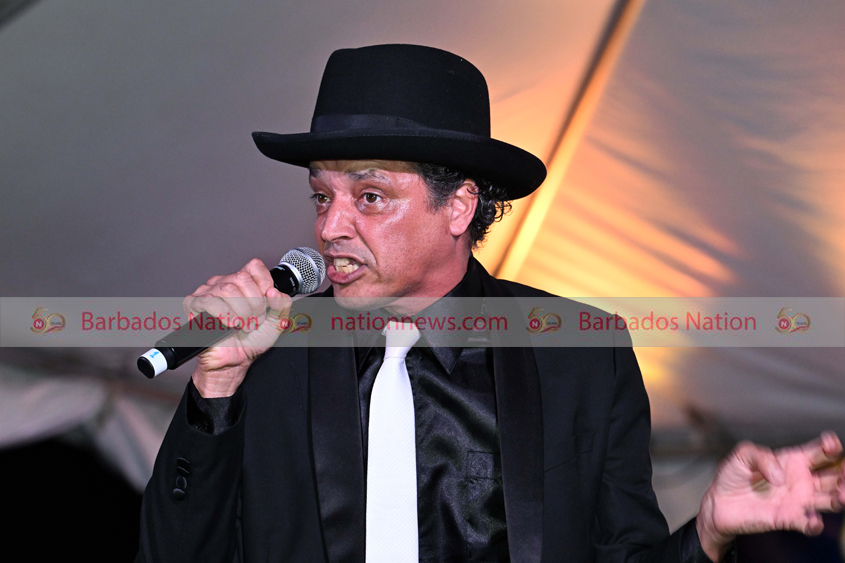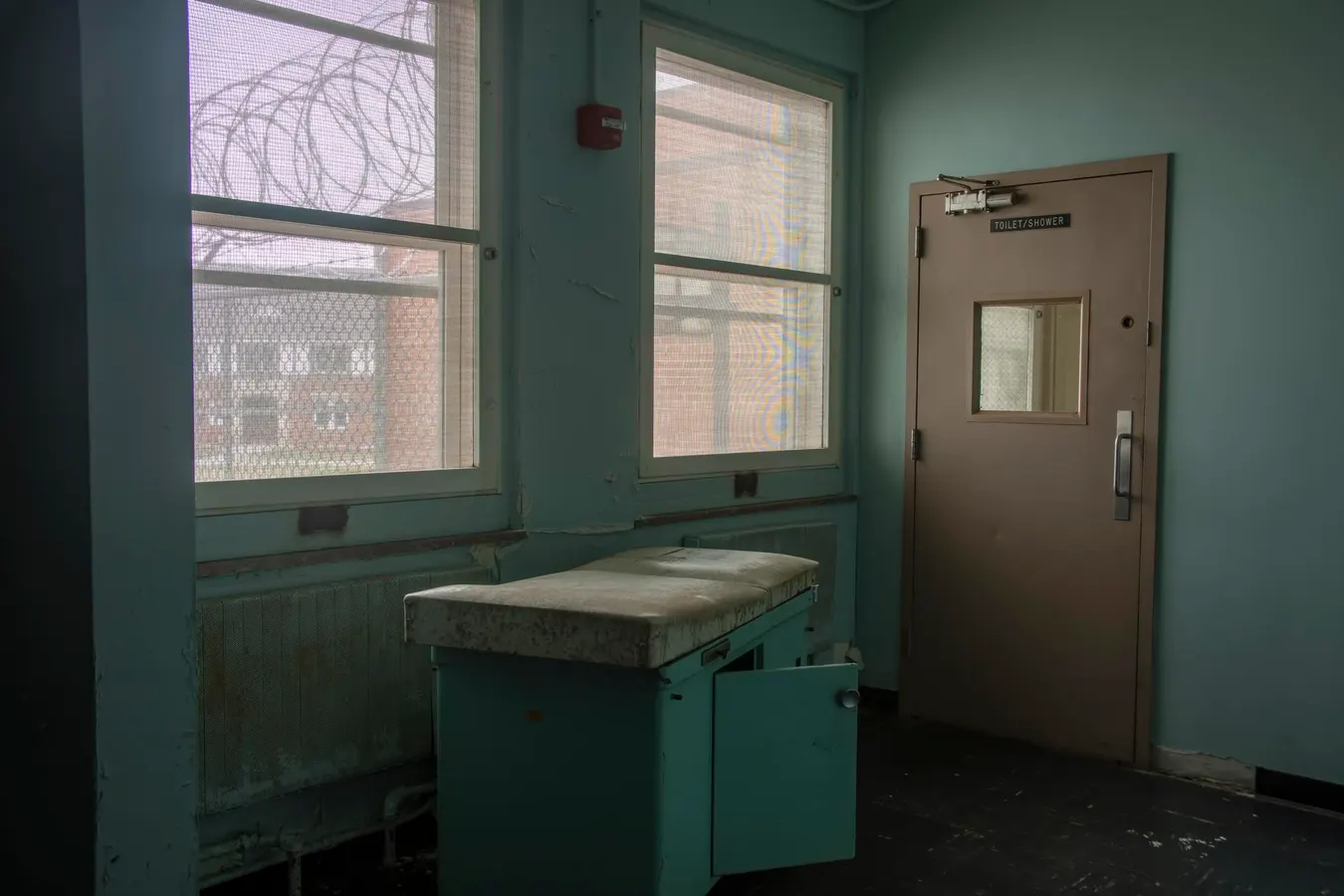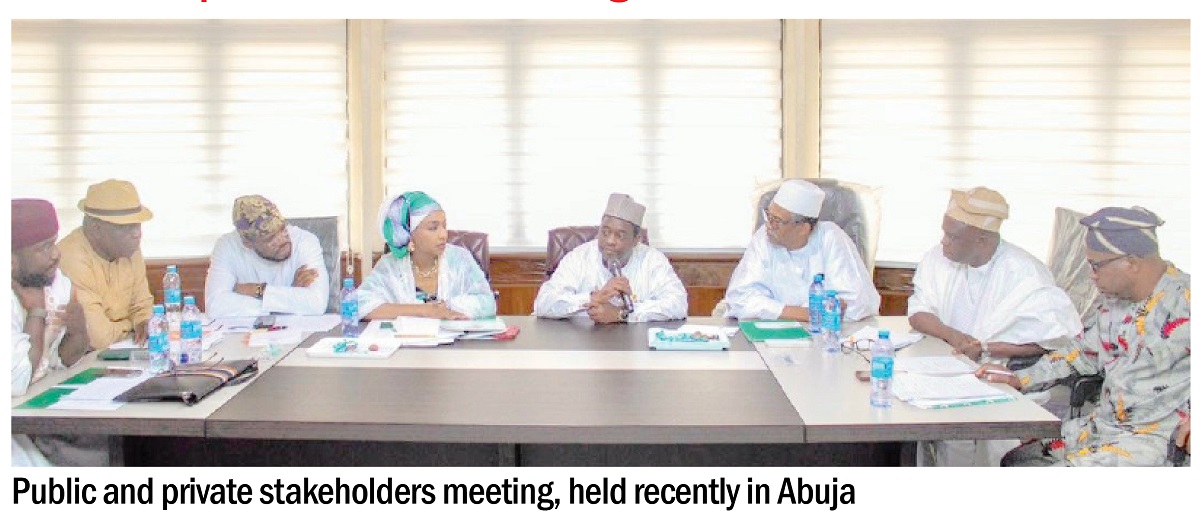
Charlie Kirk deserved a debate, not death. This is true for all people, regardless of persuasion, race, creed, or affiliation.
Kirk built his career promoting his views on culture and faith. He turned the volume high. In America, that is legal and common. Kirk did not deserve the senseless fate that cut his life short. No one does. Yet his killing reminds us that we have created and tolerated a society where rhetoric can morph into bullets. In a healthy democracy, polarization should be answered by reasoning, not violence or assassination. But violence is glorified everywhere in our culture. Should we really be surprised when it spills into reality? We built this problem and we let it thrive.
Kirk is hardly alone in this tragic pattern. Donald Trump has faced attempts on his life from radicalized individuals. In Minnesota, former Democratic Speaker of the House Melissa Hortman and her husband Mark were killed in their home, while Democratic State Sen. John Hoffman and his wife Yvette were shot in theirs but survived. And as we know too well, school shootings claim the lives of hundreds of children who never asked to be symbols of ideology. Dogma, whether political, cultural, religious, or simply unhinged, has become so absolute that it too often ends in bloodshed.
This is the trap we are setting for ourselves. The more we divide into tribes and echo chambers, the easier it becomes to see neighbors as enemies. In dogma-entrenched minds, rage seems to justify violence. We have lost not only civility, but also the sense of responsibility we owe one another as members of a shared community.
The fix starts with leadership. Most of us follow our leaders. Research shows citizens often take cues from politicians and media figures, not only in forming beliefs but also in how they behave. When leaders sharpen rhetoric, it reverberates. When demonizing language is amplified in partisan outlets or shadowy chat rooms, susceptible minds can twist contempt into violence. When leaders dehumanize, followers absorb. And when leaders shrug at violence, the line between talk and action collapses.
Tone matters. Politicians, pastors and public figures could pivot in an instant, lowering the heat, reminding us that disagreement is not enmity, and modeling dignity in discourse. They could guide us toward solving real problems instead of fueling culture wars that only a small minority would obsess over without the constant vitriol.
Instead, too many leaders choose the easy road to power and influence by stoking anger. After all, in America, anger and violence sell well.
America pays the price for this moral laziness. It takes little effort to demonize “the other.” Meanwhile, our allies abroad see chaos, not stability. At home, communities grow suspicious of one another. We spend more on surveillance and security than on proactive solutions. Guns, cameras, and heavy-handed security are poor substitutes for trust.
Solutions exist, but they begin with leadership. Leaders must discipline their language and retire the talk of enemies when speaking about fellow Americans. They should focus on policy first, offering ideas to improve America rather than words to divide it. They should highlight bipartisanship, as with the 2021 infrastructure law that passed with support from both parties. They should adopt zero tolerance for violence, condemning it every time regardless of the target. And our news outlets should give space to serious opposition, not caricatures.
But this is not just about Washington or cable television. It is also about us. Communities can and should create respectful contact across divides: service projects, school partnerships, and tackling civic challenges. When we build something together, we relearn how to trust one another. Here in the Santa Clarita Valley, we have long modeled something close to this ideal. We should keep it going.
At the heart of it all lies one principle: Your beliefs do not entitle you to harm anyone. Your views do not give you the right to take my life. My life is not yours to seize for your god. Before you attack me, first guarantee my freedom, my safety, and my pursuit of life, liberty and happiness. Your dogma cannot control or take my life.
Let us say it plainly: Your personal dogma is not worth anyone’s life. Not Charlie Kirk’s, not Donald Trump’s, not those Minnesota politicians, not the hundreds of children lost to school shootings, and not yours or mine.
If America is to heal, we need leaders and neighbors willing to stand up for civility, responsibility, and a shared future. We need less culture war and more smart policy. Less contempt and more respect. We will not rebuild America’s strength abroad or safety at home until we remember what it means to be strong together. It starts with insisting that every life, friend or foe, left or right, is off-limits to hate.
That is the America worth fighting for. Not with anger. Not with bullets. But with civility, responsibility, and the courage to live together in peace. Because in the end, your dogma of choice isn’t worth anyone’s life.
Gary Horton is chairman of the College of the Canyons Foundation board. His “Full Speed to Port!” has appeared in The Signal since 2006. The opinions expressed in his column do not necessarily reflect the opinions of The Signal or its editorial board.



